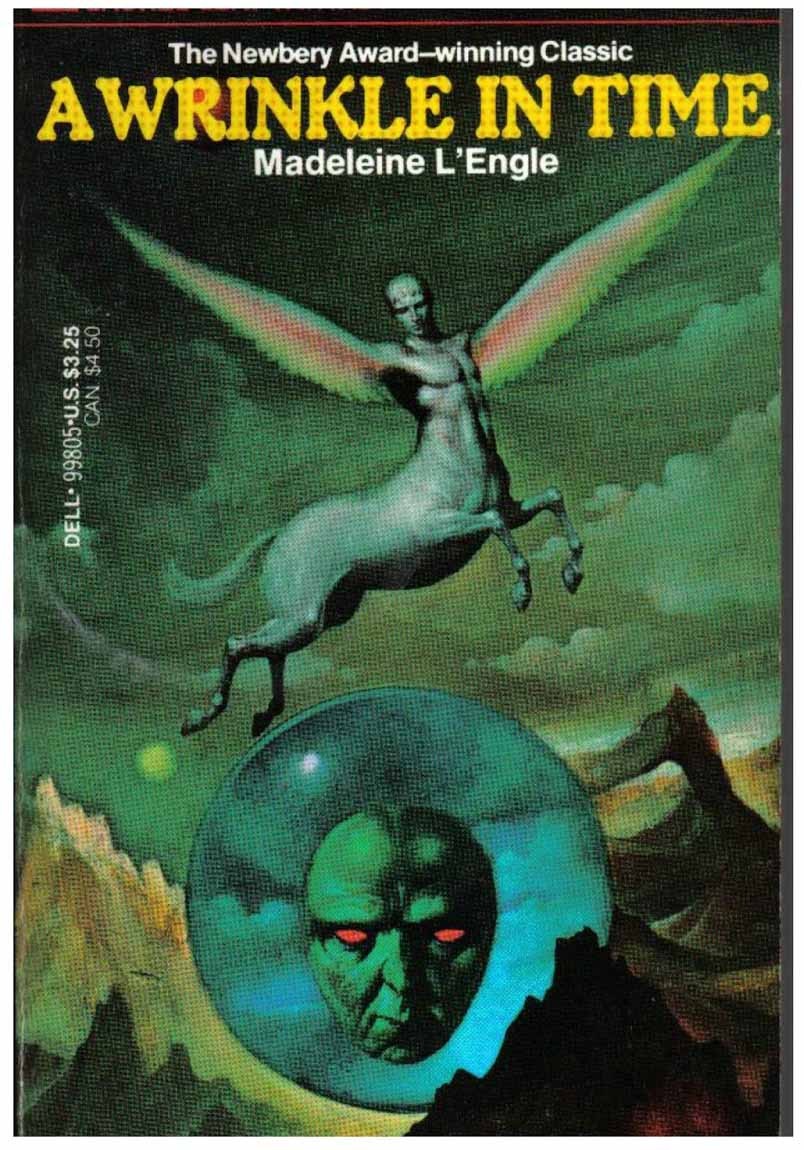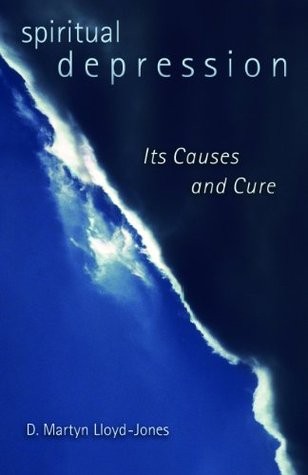Catching up with old friends

I’ve been reading around since my last post. Much of it is rereading.
I reread A Wrinkle in Time, followed by A Wind in the Door. (They’re about to release a movie of Wrinkle, but I’m sure they’ll ruin it…) I listened to, but lost interest in, A Swiftly Tilting Planet, then started and abandoned Many Waters. I definitely love the first two books of L’Engle’s time quintet; the latter ones somehow don’t hold my interest. (Though I’ve never read the 5th book An Acceptable Time. We picked up a library copy, and it looks intriguing! I may take that up soon.)
After that, struck anew by Madeleine L’Engle’s great (though uneven) powers, I revisited Walking on Water, noting that I agree with her on some things, feel greatly challenged and enlightened by her in some ways, and feel bewildered by her in other ways. She has a strong, clean mind… meaning that the lines of her thought and belief are clearly and unapologetically stated. I love the marriage of science and theology and art. The idea of a God who cares about everything in Creation from the vast reaches of the Cosmos down to the tiniest parts of a cell — and a universe that, if truly free, can cooperate or rebel at all those levels — is fascinating to me. This idea was a necessity for L’Engle, who says about writing Wrinkle,
I had been reading too many theologians, particularly German theologians. I was at a point in my life where my faith in God and the loving purposes of Creation was very insecure, and I wanted desperately to have my faith strengthened. If I could not believe in a God who truly cared about every atom and subatom of his creation, then life seemed hardly worth living. (Walking on Water)
I do love her honesty — her insistence on what she called “the faithfulness of doubt.” If only my own doubt could give birth to amazing stories, as hers does!
From there, I took L’Engle’s comments on The Secret Garden as an invitation to reread that as well. As a lover of the outdoors, I find it delightful. When I search my memory for details of past readings, all that appears is the occult scene from the movie in which the children light a fire and call on “the Magic” in the dead of night. I look forward to getting to that scene in my rereading, and seeing how faithful that movie depiction is. L’Engle sees it as a Christian story about Mary Lennox’s conversion. I’m not sure if it struck me that way before. I know some have viewed L’Engle as a Universalist, but some viewed C.S. Lewis that way too, and that seems not to be supportable. Sure, Emeth in The Last Battle “worships” Tash his whole life and then gets saved in the end, but the argument for that makes sense. In any case, there are plenty of creatures who are not so fortunate — all who look at Aslan and hate him choose a different fate. (My own personal fear is of ending up like the dwarfs, who don’t give their trust to anyone because they’ve been cheated or hurt before. “The dwarfs are for the dwarfs!”) If “They” are wrong about Lewis, maybe “They” are wrong about L’Engle as well. I’m curious to see what The Secret Garden contributes on this question.
 I revisited some of the sermons in Martyn Lloyd-Jones’s Spiritual Depression as well, most notably “Fear of the Future.” This is one that I needed. I’m at an age and season when “The Future” looms large with uncertainties. What I like about Lloyd-Jones’s sermons is that while the struggles they identify are real, the solutions are attainable. They focus on creating habits of mind based on Scripture. In this one, the rock on which to build one’s house is II Tim. 1:7. The reassurance and truth of this sermon, along with Paul’s exhortations in Philippians 3, are powerful encouragement to me these days.
I revisited some of the sermons in Martyn Lloyd-Jones’s Spiritual Depression as well, most notably “Fear of the Future.” This is one that I needed. I’m at an age and season when “The Future” looms large with uncertainties. What I like about Lloyd-Jones’s sermons is that while the struggles they identify are real, the solutions are attainable. They focus on creating habits of mind based on Scripture. In this one, the rock on which to build one’s house is II Tim. 1:7. The reassurance and truth of this sermon, along with Paul’s exhortations in Philippians 3, are powerful encouragement to me these days.
As a read-aloud, Philip Yancey’s Fearfully and Wonderfully Made is our regular fare at lunch time. The girls have studied biology as an academic subject, but this book offers a different interpretive lens by acknowledging the wonder and complexity of the human body. Drawing heavily on the experience and knowledge of surgeon Paul Brand, the book provides plenty of engaging, detailed description and develops parallels between the human body and the body of Christ. I’m enjoying the way it illuminates the “so what” of studying science.
Last but not least, I’m rereading The South Beach Diet. How’s that for variety? I did this diet 10 or 12 years ago and am thinking about doing it again. The book is full of explanation, recipes and testimonials. The first phase (a week or two long) is restrictive, but who can complain with such a diverse reading regimen?



8 Comments
Ruth
Wow, yes, a lot of variety! Wish we could catch up, as old friends of the human variety!
Janet
Me too, Ruth!
Barbara H.
I loved Spiritual Depression when I read it ages ago and want to read it again some time. I just read The Secret Garden for the first time a few weeks ago and was troubled by the “Magic” aspect and the “incantations.” I know some books refer to magic in different ways – even the Narnia books do – and that’s fine. For some it just means wonder. For Narnia it seemed to be symbolic of spiritual forces. So I wasn’t quite sure how to take it in Secret Garden, but I looked up the author’s background, and then it did seem to me that she was weaving her Christian Science tenets into it at the very least.
When I reread books, I think of them as old friends, too. I struggle between wanting to do more rereading yet having so many unread books stacked up.
Janet
I read your thoughts on The Secret Garden, Barbara, right around the same time as I read L’Engle, and I was intrigued. Your post was another reason I wanted to revisit it!
Carol
I really enjoyed reading your post & came via Semicolon. I haven’t read any of L’Engle’s novels but have often wondered about her views, having read some more negative comments about her. I thoroughly enjoy Lewis & I’ve been meaning to read Spiritual Depression for such a long time! I read Fearfully& Wonderfully Made to my kids a couple of years ago & loved the body analogies throughout. Thanks for your thoughts. Very perceptive.
Amy @ Hope Is the Word
I enjoyed all your mini reviews! I almost always “read around”—so much so that sometimes it feels like I never finish anything!
Michele Morin
You’ve hit on some of my favorites here!
I think my favorite of L’Engle’s work is her Crosswicks series–sort of autobiographical and sort of essay-ish.
And I’m impatiently waiting for Yancey to produce another book! It’s been a while, and I love his thinking and writing.
Janet
Agreed, on both counts!
Maybe you’ve seen this article Yancey wrote a few months back. He talks about changes in his reading/thinking habits. I wondered what might be the implications for writing habits: https://www.washingtonpost.com/news/acts-of-faith/wp/2017/07/21/the-death-of-reading-is-threatening-the-soul/?utm_term=.f2a2b6cf5384